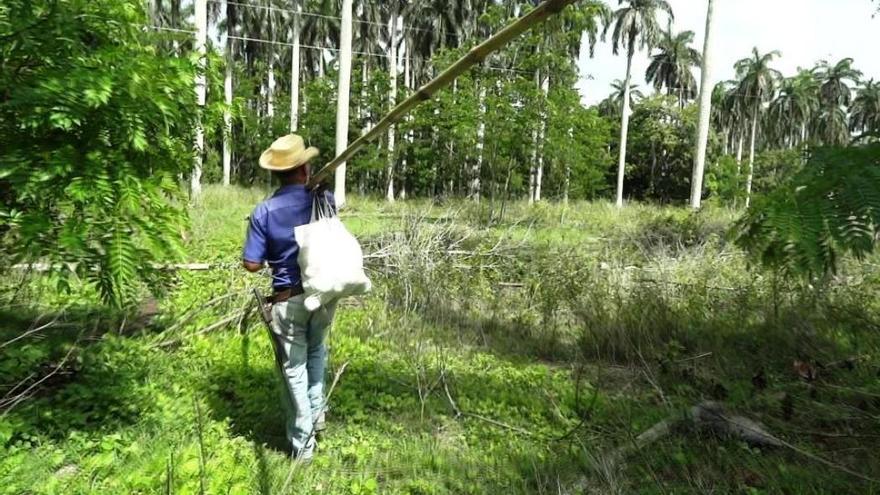
![]() 14ymedio, Havana, 29 April 2020 — The League of Independent Farmers and the Cuban chapter of the Latin American Federation of Rural Women (Flamur) have launched a campaign directed at the Cuban Government demanding the liberalization of agriculture in Cuba in the context of the Covid-19 health crisis. In their opinion, the crisis could lead to famine, due to the poor state of agricultural production and the dependence on imports, which are more complicated during the pandemic.
14ymedio, Havana, 29 April 2020 — The League of Independent Farmers and the Cuban chapter of the Latin American Federation of Rural Women (Flamur) have launched a campaign directed at the Cuban Government demanding the liberalization of agriculture in Cuba in the context of the Covid-19 health crisis. In their opinion, the crisis could lead to famine, due to the poor state of agricultural production and the dependence on imports, which are more complicated during the pandemic.
The demands of the campaign, called Sin campo no hay país (Without the countryside there is no country), are specified in five proposals: freedom of production and distribution, of price setting, and of importing and exporting without intermediaries. In addition, they ask to eliminate all taxes for ten years and the delivery of permanent property titles.
The League members note that they could trade directly with the United States, since the laws only prevent trade with the State and its companies, but not with independent producers.
In support of this they cite the case of Nestlé, which in 2016 wanted to buy coffee from Cuban farmers and was authorized to do so by the US administration, but Havana blocked the agreement through the official National Association of Small Farmers (ANAP), which denounced that the objective was “to influence the Cuban farmers and separate them from the State.”
“Of course, ANAP did not consult farmers to speak on their behalf. This closed the door to billions of dollars of US investment in the agricultural sector,” the statement said.
The group calls on the government to depoliticize agriculture, especially considering that it imports 80% of what is consumed in the country, and to look at the example of Vietnam, which liberalized the sector during a famine in 1986 and from that point took barely four years to become self-sufficient and to have surpluses.
Although they acknowledge that Raúl Castro, during the reforms that came at the beginning of his term, favored agricultural production, they lament that prices were capped, with control exercised through the state entity Acopio, and that there was “repression of urban vendors and truck drivers.”
“After six decades of state failure, on the verge of a national catastrophe, maintaining the internal blockade of private producers is a crime and colossal stupidity,” they warn.
________________
COLLABORATE WITH OUR WORK: The 14ymedio team is committed to practicing serious journalism that reflects Cuba’s reality in all its depth. Thank you for joining us on this long journey. We invite you to continue supporting us by becoming a member of 14ymedio now. Together we can continue transforming journalism in Cuba.
